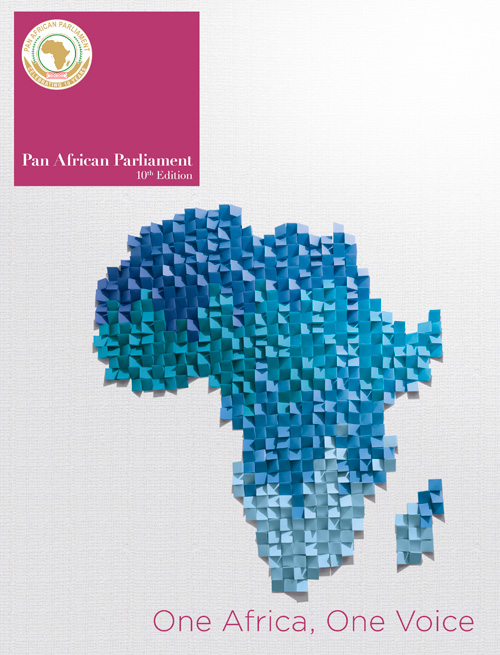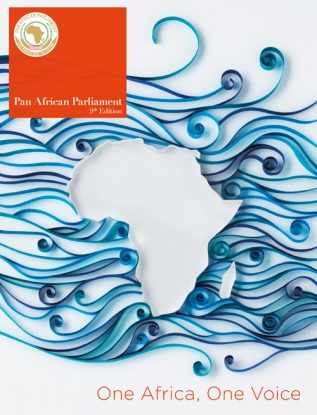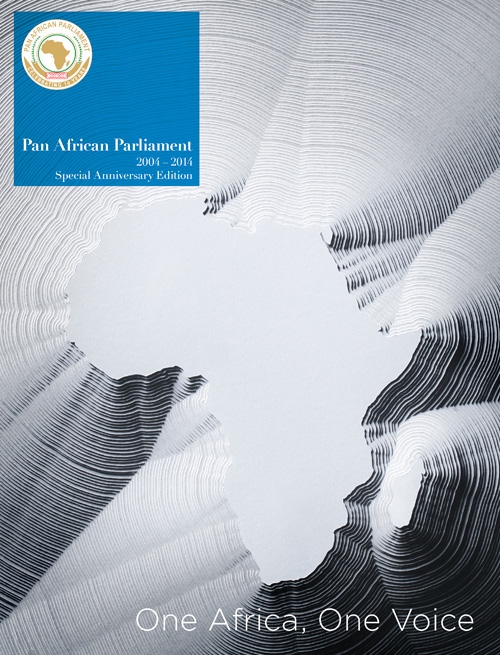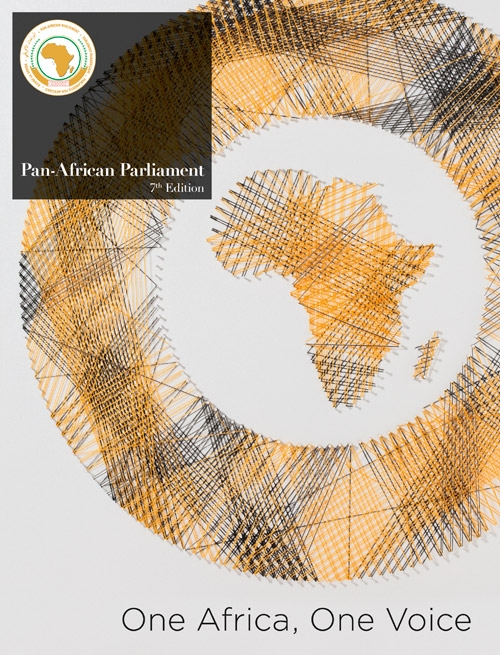
In accordance with the provisions of Rule 22 of the Rules of Procedure, the PAP has established 10 Permanent Committees.
- Committee on Rural Economy, Agriculture, Natural Resources and Environment.
- Committee on Monetary and Financial Affairs.
- Committee on Trade, Customs and Immigration Matters.
- Committee on Co-operation, International Relations and Conflict Resolution.
- Committee on Transport, Industry, Communication, Energy, Science and Technology.
- Committee on Health, Labour and Social Affairs.
- Committee on Education, Culture, Tourism and Human Resources.
- Committee on Gender, Family, Youth and People with Disability.
- Committee on Justice and Human Rights.
- Committee on Rules, Privileges and Discipline.
The functions of the Committees include parliamentary oversight, investigative, consultative and advisory services of all AU Organs, Regional Parliamentary Bodies within the Regional Economic Communities (RECs) and Member States (MS) based on the Constitutive Act of the African Union, the Protocol to the Treaty Establishing the African Economic Community Relating to the Pan African Parliament and the Rules of Procedure of the Pan African Parliament.
The Committees have since aligned with the Departments of the AU Commissions to ensure effective implementation of policies and objectives of the AU in a manner that will ultimately achieve the desired goals and ensure effective use of both technical and financial resources of the AU. The Committees carried out fact-finding missions to countries where problems exist, visited and interacted with AU Organs and National Parliaments, and debated and presented reports to the Plenary Sessions of the PAP on issues such as peace and security in Africa, inequalities in access to education, human rights, press freedom and gender issues, and made recommendations that were adopted by the House.
The Committees are still facing the challenge associated with the residency of Members of Parliament, which will be addressed with the new protocol to find solutions to this issue. Despite this hindrance, the PAP, through its Permanent Committees, was able to carry out work that is seen as a positive contribution to finding solutions to the problems affecting the African continent.
One of the achievements for the PAP was the establishment of a shared vision for all Member States through its Africa Unite programme.







